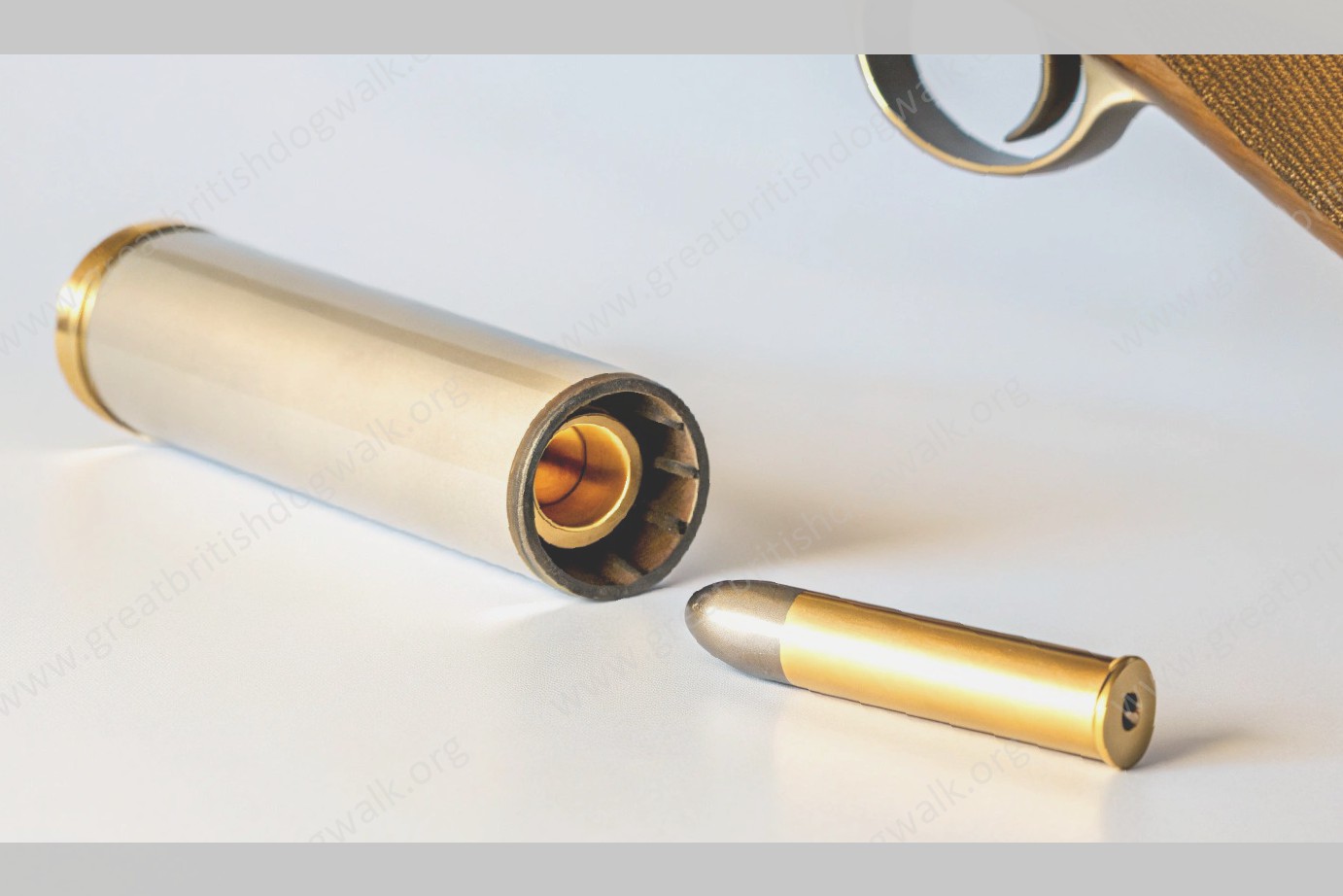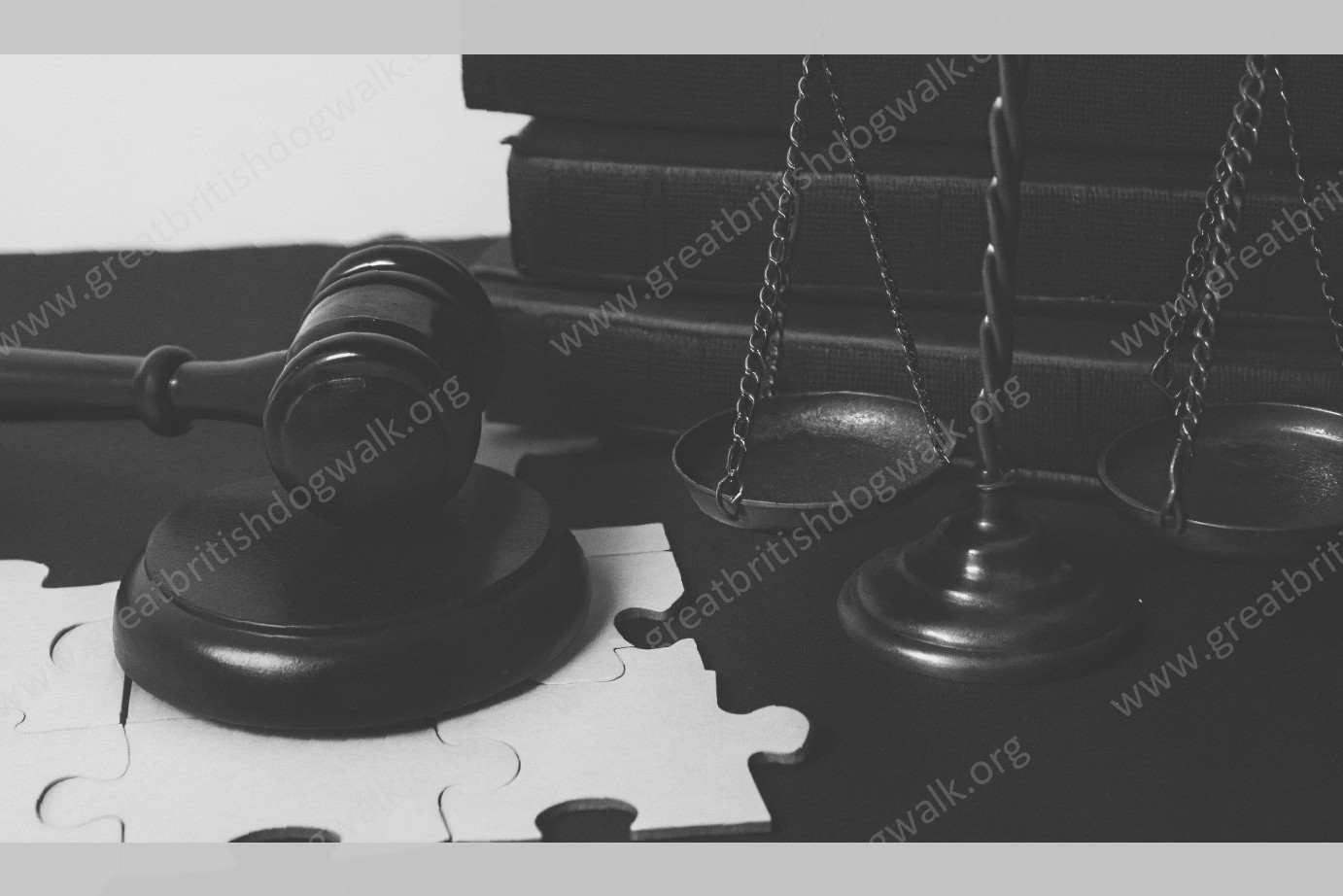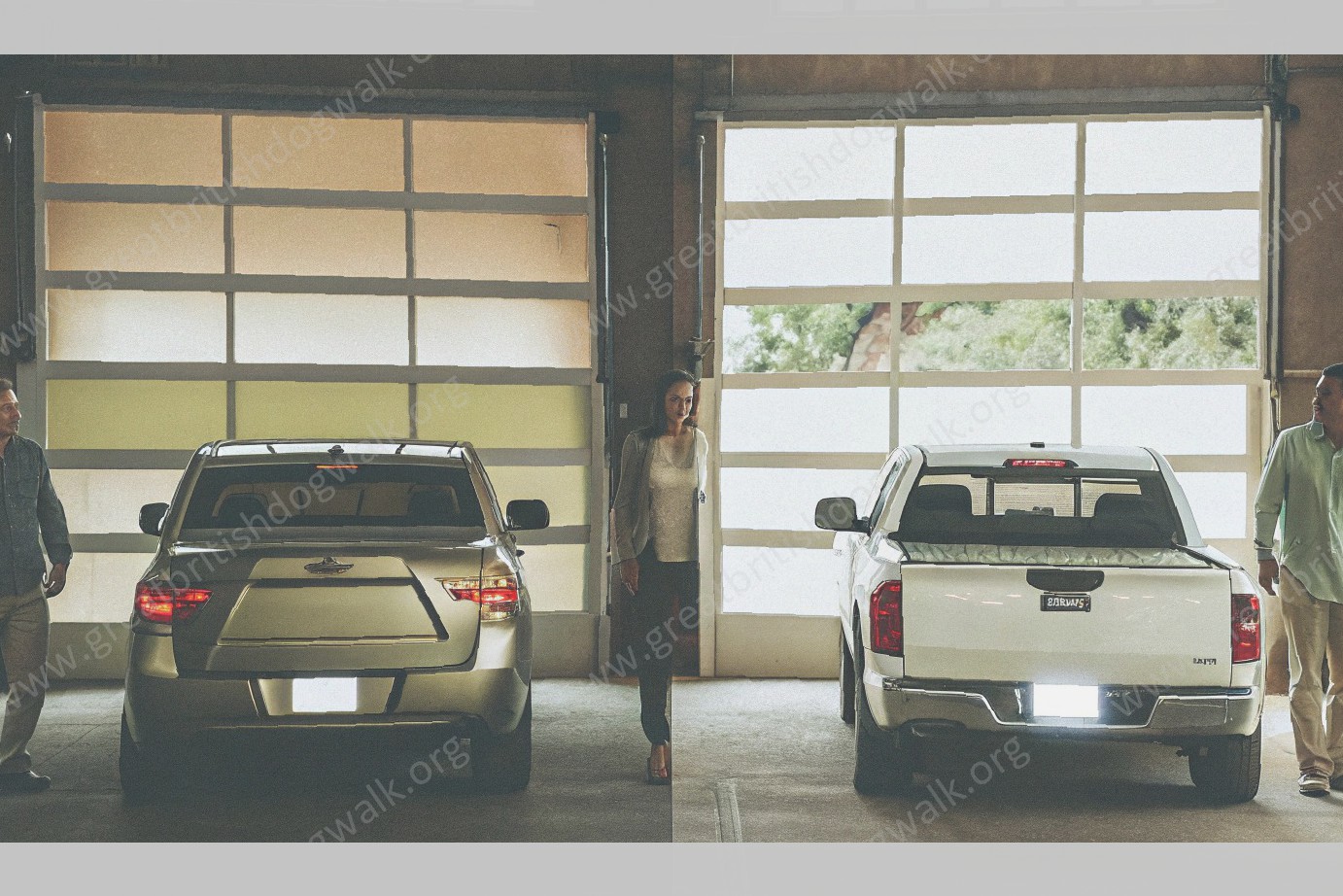Washington State Suppressor Law
In Washington State, as it stands today, suppressor ownership and usage are legal. This remains true in all of Washington State, including counties with restrictions against suppressor ownership and use, such as Pierce County. In 2015 the Washington State Legislature passed legislation permitting any and all persons 21 and older to own sound suppressors, including those of the following classifications: rifle, handgun, shotgun, and muzzle loader. Governor Jay Inslee signed this bill into law on June 29, 2015. The legislation also lays out that suppression is okay for any shooting sport, hunting, target practice and all recreational uses as well as the assurance that suppressors are not deemed "dangerous weapons" thereby removing any local restrictions (See RCW 9.41.250 (3)). Specifically , the new legislation states that suppressor use is okay, "if the suppression is silencing or muffling the discharge of the firearm without materially altering the operation of the firearm." It must be noted that not all types of suppressors are legal in Washington State. Although the legality of having a marijuana themed suppressor remains in a legal grey area, it is clear that if the suppressor is used with a marijuana cigar or cigarette, it is illegal due to marijuana usage being illegal in all aspects under federal law. The legality, however, remains unclear if this applies to other forms of ingestion such as eating marijuana utilizing a suppressor.

State Law vs Federal Law Regarding Suppressors
Federal law and Washington state law are in conflict on the issue of suppressors. Because NFA weapons like suppressors are, themselves, subject to federal law, the legal status of suppressors is often in flux. Despite what state law says, suppressors are still subject to federal law. Federal law, found at 26 USC § 5841-42, requires anyone who possesses, imports, manufactures, transfers or makes an NFA weapon like a suppressor to register that gun with the Bureau of Alcohol, Tobacco, Firearms, and Explosives (BATFE). That means that all suppressors currently in existence are required to have a tax stamp registered to the suppressor owner.
Registration is mandatory for any NFA firearm. Federal registration is the only legal way to possess or sell a suppressor in Washington state. Whatever laws the state of Washington may pass, there is no way around federal law. Suppressors cannot be transferred without the proper registration. Because the BATFE oversees the transfer of, and registration of suppressors, when an individual sells a suppressor to someone else, they must go through an approval and registration process. Without the federal approval of a transfer, the suppressor sale is illegal.
The dispute lies between Article VI, Clause II of the U.S. Constitution – the supremacy clause – and Washington State preemption law RCW 9.41.300. In the United States, the supremacy clause requires federal law to "be the supreme Law of the Land" and states that any federal issues must be given priority over any conflicting state laws. While the supremacy clause does require federal law to take priority, federal law regarding suppressors does not conflict with state laws. A federal law cannot violate a state law unless the laws are on opposite parts of the same issue. The two laws need not be entirely opposite; they just need to conflict in at least part of the same issue. Washington state law does not have any equivalent to federal law requiring registration of suppressors. Washington state does have a law banning the use of suppressors. Federal law does not ban the use of suppressors. As such, federal and state laws conflict and federal law takes precedence.
Washington state preemption law, RCW 9.41.300, states that "the state of Washington fully occupies and preempts the entire field of firearms regulation within the boundaries of the state, state law prevails over local laws or ordinances that require that a license issued by a local government or a local political subdivision be obtained as a prerequisite to purchase firearms." Again, the Washington state law does not interfere with federal law; it merely requires a state license. Federal law does not require a state license.
How to Legally Purchase a Suppressor
The process to legally obtain a suppressor is actually pretty simple if you understand the steps that need to be taken. First, the suppressor must be purchased through an ATF Special Occupational Tax (SOT) holder. This essentially allows the SOT holder to transfer the suppressor, tax free, to you for an additional tax. Yes, unfortunately you have to pay a tax again, but this is the process and those are the rules. The exception to this rule is if you are purchasing a silencer from one of the many SOT holders through a trust. I am simplifying this though, and trust laws are tricky, so this is not a foolproof process and outside the scope of this blog post.
The second step in this process is to file an ATF Form 4 with the Federal government and have your passport style photo taken at your local SOT holder. This is a form that has been required since May 1982, but is seldom understood by your average gun store employee. Then, wait approximately 2-8 months (depending on your local FBI field office) for your forms to be processed and returned with a tax stamp.
The third step in this process to legally obtain a suppressor is fairly simple. You pay your tax, take possession of your gun and enjoy all the benefits that come with using a sound suppressor. So, happy shooting everyone!
Limitations and Allowable Uses
Although the possession of suppressors by Washington State residents is legal, there are some restrictions on the use and storage of that suppressor. Specifically, the law prohibits a suppressor from being used or stored at an unlicensed location in Washington State. As an example, if you are a resident of Washington State that owns a licensed retail store in Oregon, it is unlawful for you to use or store an NFA registered suppressor at that store . With that said, using a suppressor at an authorized shooting range is permitted. Further, the law prohibits the use of a suppressor to commit a crime. As an example, if you were to use your suppressor to commit a robbery, or in the furtherance of any other crime, though that is strictly prohibited under Washington State law.
Illegal Suppressors and Their Consequences
In Washington State, there are criminal penalties for the possession of a suppressor. Beyond this, there are also significant civil penalties, which are totally separate from the criminal penalties. These civil penalties might impact your rights to possess firearms in the future, even in cases where no arrest was made.
Any person violating subsection (1) of this section is guilty of a class C felony and may be punished by imprisonment in accordance with chapter 9.94A RCW. In addition, any person found guilty of violating this section is liable to the state for civil penalties as follows:
(a) For an individual who imports, sells, purchases, or otherwise transfers a firearm suppressor, a penalty of ten times the retailer excise tax imposed under RCW 82.12.021; or
(b) For individuals convicted of unlawful possession of a firearm suppressor, a penalty of two times the maximum sentence allowed for the crime charged; or
(c) For any other person, a penalty of ten times the tax imposed under RCW 82.12.021 for any firearm suppressor that the court finds was possessed in violation of this section.
Possession of a Suppressor by someone with a violent conviction.
If you have a violent conviction, you face major penalties for possession of a suppressor in Washington. Here’s the relevant code.
"(1) A person, whether an adult or juvenile, or a gun establishment, may not purchase, own, acquire, or have in his or her possession or control any firearm after having previously been convicted in this state or elsewhere of a felony that, under Washington law, is listed as a violent offense or is an attempt to or conspiracy to commit a violent offense, unless restored to his or her right to possess firearms as provided in RCW 9.41.040."
9.41.191 Possession of firearm by an alien who is illegally in the United States.
"It is unlawful for an alien who is illegally in the United States to possess, own, or have in his or her custody or control any firearm."
Possession of more than one suppressor.
Also important to note is the fact that the code allows for penalties to be imposed progressively. For example, you’d be liable for twice the tax for each firearm suppressor seized. This means that the penalties add up quickly, particularly for someone who possesses multiple suppressors.
Joinder of offenses.
Finally, you need to be aware of the joinder of offenses rule.
"Two or more offenses may be charged in the same count or separate counts of the information or indictment if the offenses charged, whether felonies or misdemeanors, are: (1) based on the same conduct or on a series of acts connected together or constituting parts of a common scheme or plan; or (2) so closely related in time, place, and circumstances that they constitute parts of a common scheme or plan; or (3) part of a common scheme or plan. When offenses are charged in separate counts, they may be joined either as alternative charges or as separate offenses. A defendant who has been convicted and sentenced for violating the provisions of this chapter may not be prosecuted for violating the same provisions of this chapter whether or not committed before or after the date of such conviction and sentencing."
Common Questions Related to Suppressors
Q: Do I need to register my firearm suppressors with the state of Washington?
A: No. Currently, federal law allows for Title I firearms to be transferred with or without the state being notified. This applies to suppressors.
Q: How much does a suppressor cost?
A: A suppressor’s cost varies from manufacturer to manufacturer. A very basic 7.62 can might cost $450 plus $200 for the federal tax stamp, putting you in the mid-$600 range. A high quality 8.6 can might cost $950 plus $200. Some of the better suppressors might go over the $1 , 000 mark.
Q: Can I move out of state with my suppressor?
A: Unfortunately, no. NFA items must go to another transferee in the same state of residence, and cannot stay with you while you move. While other NFA items can go with you, such as machine guns and short barreled rifles, suppressor transfers are one of the few exceptions. You must transfer your suppressor to a transferee in the same state.
Q: Can I own a suppressor and not put it on the NFA list?
A: While it is possible to purchase non-NFA compliant suppressors, it is illegal to possess or use them with an NFA regulated firearm.



